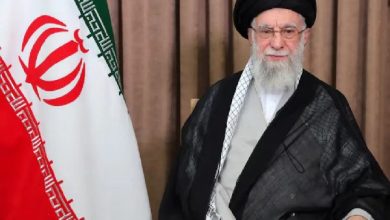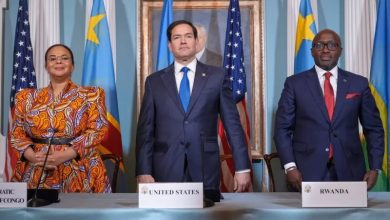WTO to Review Canada-China Trade Disputes Over Tariffs
The WTO has set up panels to review trade disputes between Canada and China.
Both sides are blaming each other for unfair taxes on cars, food, and other goods.
The World Trade Organization (WTO) announced on Monday that it has agreed to form expert panels to assess two separate trade disputes involving Canada and China.
The WTO’s Dispute Settlement Body (DSB) approved the creation of one panel to investigate a complaint filed by China against Canada. This complaint challenges surtax measures imposed by the Canadian government on electric vehicles, steel, and aluminum products originating from China.
In addition, another panel will look into a complaint filed by Canada regarding China’s recent trade restrictions. Ottawa is challenging the import duties that Beijing imposed on a selection of Canadian agricultural and seafood products.
Earlier this year in March, China introduced a 100 percent tariff on Canadian imports such as rapeseed oil, animal feed products known as oil cakes, and peas. Chinese officials stated that this action was taken in retaliation to Canada’s earlier decision to impose similar 100 percent duties on electric vehicles made in China. That decision was aligned with similar moves by the United States to prevent the influx of Chinese electric cars, which they argue are heavily subsidized by the Chinese government and distort the market.
During the WTO meeting on Monday, China claimed that Canada’s trade actions violate key rules under the General Agreement on Tariffs and Trade (GATT). The Chinese representative, according to the WTO, expressed willingness to engage in meaningful dialogue and expressed hope for a peaceful resolution to the issue.
Canada, on its part, pushed back against China’s complaint. The Canadian representative said it was “regrettable” that China had included in its request claims related to several products including solar panels, critical minerals, semiconductors, permanent magnets, and natural graphite for which, according to Canada, there are no surtax measures in place.
Canada also argued that China’s trade measures were based on unilateral decisions and amounted to retaliatory action not permitted under WTO rules. The Canadian government reaffirmed its commitment to resolving the disagreement through open discussions, the WTO noted.
Tensions between Canada and China have remained high in recent years. Relations were severely strained in 2018 following the arrest of Meng Wanzhou, a top executive at Huawei, in Vancouver at the request of U.S. authorities.
Despite the lingering diplomatic friction, both countries recently agreed to improve communication. This comes after a call between Canadian Prime Minister Mark Carney and Chinese Premier Li Qiang, where they committed to reestablishing regular dialogue between their governments.



